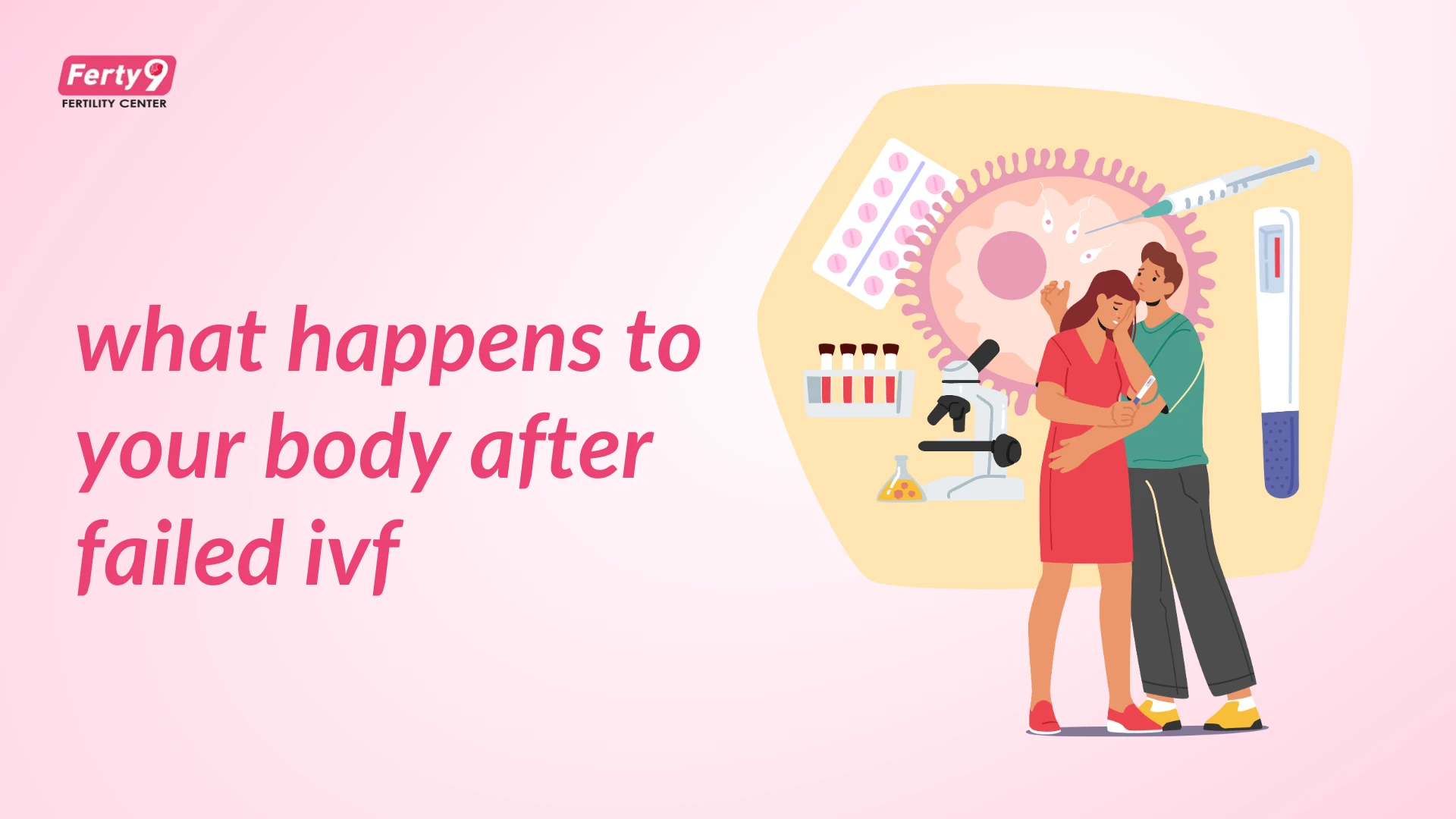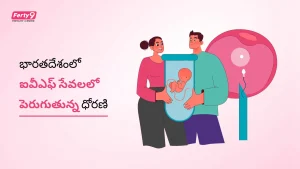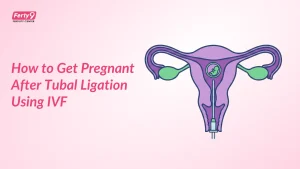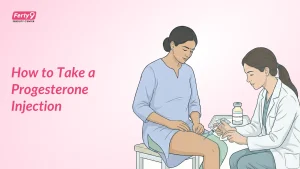Healing After a Failed IVF Cycle: What to Expect Physically and Emotionally
The journey of IVF (In Vitro Fertilisation) is one of immense hope and courage. For many couples in Machilipatnam and across India, it represents the most promising path to parenthood. Receiving the news that an IVF cycle has failed can be heartbreaking, leaving you with a mix of physical discomfort and deep emotional pain.
Learn more about the Period Calculator in our detailed guide.
It’s important to know that you are not alone in this experience. A failed cycle is a difficult, but common, part of the process for many. Understanding what is happening to your body can be the first step toward healing and preparing for the future. This blog is here to gently guide you through the physical recovery process and how to cope.
Understanding IVF Failure
A failed IVF cycle is generally defined in one of two ways:
- Negative Pregnancy Test: The embryo did not implant in the uterine wall.
- Early Pregnancy Loss: Implantation occurred, but the pregnancy was not viable, resulting in a chemical pregnancy or an early miscarriage.
It’s crucial to understand that IVF failure is common, and it is never your fault. Success often depends on many complex factors, including embryo quality, the uterine environment, and age. A failed cycle can provide your doctor with valuable information to adjust the plan for future attempts.
For a more accurate prediction of your timeline, try our IVF Due Date Calculator to plan your next steps
Physical Effects on the Body After Failed IVF
After a failed cycle, your body goes through a period of readjustment as it transitions back to its non-pregnant state. Here is what you can typically expect:
Hormonal Shifts
During IVF, your body is supported by a high level of fertility hormones (like FSH, HCG, and progesterone). When a cycle fails and you stop taking progesterone supplements, these hormone levels drop suddenly. This sharp decline can cause symptoms similar to intense PMS, including:
- Mood swings and feeling emotional
- Hot flashes or night sweats
- Intense fatigue and low energy
Menstrual Cycle Changes
The drop in hormones will signal your body to shed the uterine lining, bringing on your period.
- Your period will likely arrive within 1 to 2 weeks after stopping progesterone.
- This first period after IVF may be heavier, longer, and more painful than your normal cycle due to the thickened uterine lining built up by the hormones.
- It’s also normal for your next one or two cycles to be slightly irregular as your body finds its natural rhythm again.
Ovarian Impact
The stimulation medications caused your ovaries to produce multiple eggs, and they may still be slightly enlarged and sensitive. You might experience lingering:
- Bloating
- Mild abdominal discomfort or pain
- Water retention
These symptoms usually resolve within a week or two as the ovaries return to their normal size.
Physical Discomfort
It’s common to feel some lingering physical effects from the treatment itself, such as soreness, bruising, or mild swelling at injection sites. You may also feel some pelvic heaviness or cramping.
General Body Symptoms
The hormonal withdrawal can also lead to headaches, breast tenderness (which will subside), and sleep disturbances. Be kind to yourself and allow your body the rest it needs.
Emotional & Psychological Impact
The physical recovery is closely tied to your emotional healing. The grief, sadness, and disappointment after a failed cycle are real and valid. This emotional distress can sometimes amplify physical symptoms like fatigue and pain. It’s essential to acknowledge that you need to heal both your body and your mind.
Recovery Timeline After Failed IVF
While everyone’s body is different, a general recovery timeline looks like this:
- First Week: Your period usually starts. Physical symptoms like cramping and bloating may be at their peak.
- Weeks 2–3: Your period ends, and your hormones begin to stabilize. Ovarian swelling and tenderness should significantly reduce.
- 1–2 Months: Your menstrual cycles typically return to their normal pattern. Your body is usually physically ready for the next steps, as advised by your doctor.
When to Seek Medical Help
While most post-IVF symptoms are normal, please contact us at Ferty9 immediately if you experience:
- Severe abdominal pain, rapid weight gain, shortness of breath, or extreme bloating. These could be signs of Ovarian Hyperstimulation Syndrome (OHSS).
- Very heavy bleeding (soaking more than one pad an hour).
- Intense feelings of depression or anxiety that interfere with your daily life. Your mental health is a priority.
Coping Strategies for Healing the Body and Mind
Give yourself permission to heal. This is a time for self-care.
- Rest and Hydrate: Your body has been through a lot. Get plenty of sleep and drink lots of water.
- Gentle Activity: Light walking or gentle yoga can help with both physical and emotional well-being.
- Nutritious Diet: Focus on warm, comforting, and nourishing foods to help restore your body’s balance.
- Seek Support: Talk to your partner, a trusted friend, or a professional counsellor. You do not have to go through this alone.
- Consult Your Doctor: Schedule a follow-up appointment with your fertility specialist at Ferty9 to review the cycle and discuss the path forward.
Preparing for Future IVF Cycles
A failed IVF cycle is not an end but a learning opportunity. Before your next attempt, your Ferty9 doctor will review everything to optimize your chances. We will discuss lifestyle adjustments and, most importantly, ensure you feel emotionally ready to move forward with hope and confidence.
Summary
A failed IVF cycle is a challenging setback, but it is not the end of your journey. It is a part of the process for many couples who go on to have healthy babies. With proper rest, self-care, and expert medical guidance, your body will heal.
Stay hopeful, be kind to yourself, and know that the entire team at Ferty9 is here to support you every step of the way.




























